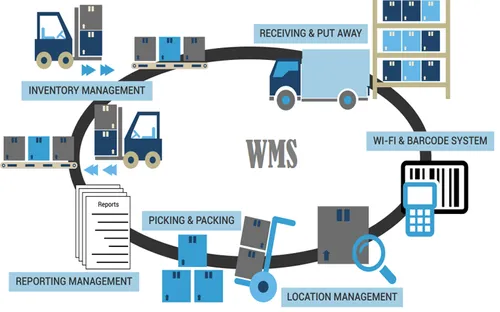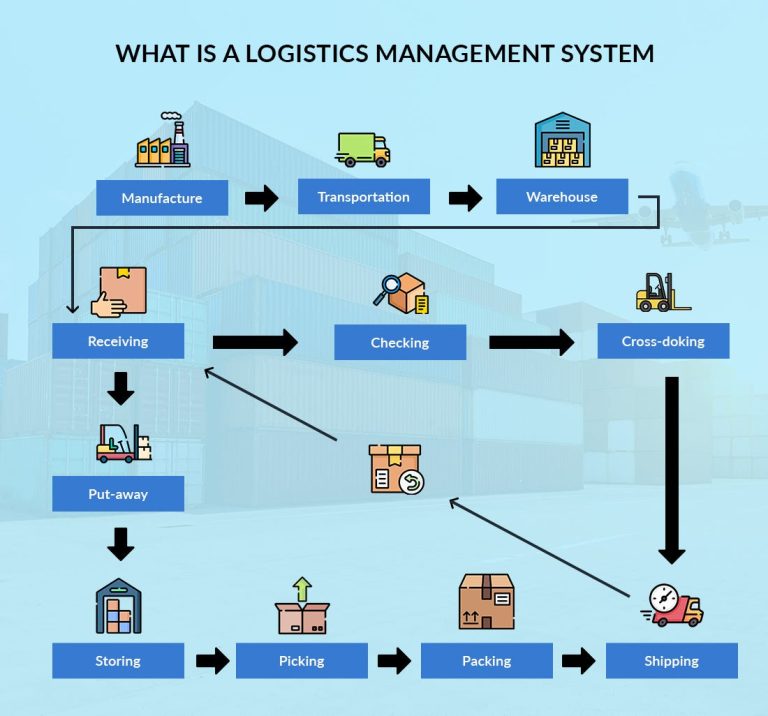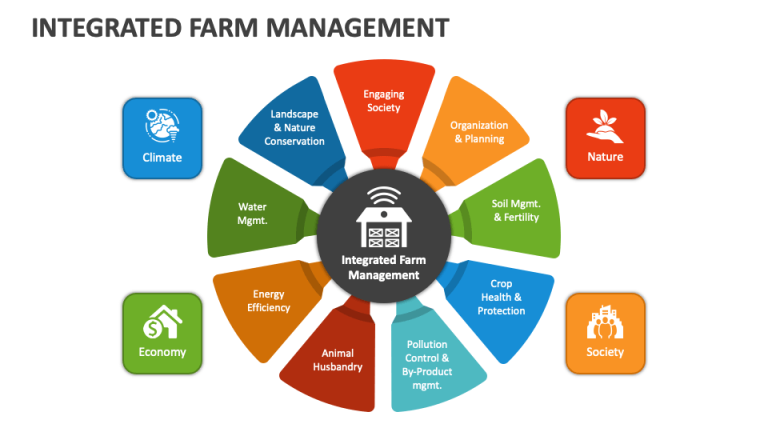Training Course on Big Data Analytics and Management

About The Course
Course Description
There have been some astonishing developments in data-collecting technologies in recent times, which have changed the way organizations make informed decisions. This Training Course on Big Data Analytics and Management offered by Phoenix Center for Policy, Research and Training provides an introduction to big data analytics for all business people, including those with no previous experience in data modelling or analytics.
Participants will understand how data analysts define, calculate, and make business decisions in the areas of marketing, human resources, finance, and operations, and develop data mastery and a rational mindset that will help them make calculated conclusions. This Training Course on Big Data Analytics and Management will also enable participants to apply their skills to interpret a real-world data set and make appropriate business strategy recommendations.
This Training Course on Big Data Analytics and Management is intended to affect the way you think about converting data for the purpose of better decision-making. It focuses on how data can be used to successfully increase profits in various business settings. You will learn how to model future demand trends, forecast the outcomes of competing policy alternatives and choose the best course of action for effective risk management.
This Training Course on Big Data Analytics and Management offered by Phoenix Center for Policy, Research and Training will present and discuss topics that will provide insights into a variety of real-world business challenges, explain the techniques, methods and software that can be used to face these challenges quantitatively, as well as deal with any issues involved in managing data. This Training Course on Big Data Analytics and Management will also empower you with the ability to describe the reasons behind the surplus of new big data platforms from the perspective of big data management systems and analytical tools.
Course Objectives
Upon the successful completion of this Training Course on Big Data Analytics and Management, participants will be able to:
- Recognize different data elements in their own work and in everyday life problems
- Clarify the need to design a Big Data Infrastructure Plan and Information System Design
- Detect the common data operations that can be performed by various types of data
- Choose a data model to meet the characteristics of their data requirements
- Apply effective techniques to manage the streaming of data
- Distinguish between a conventional Database Management System and a Big Data Management System
- Understand the need for different types of data management systems in different contexts
Training Methodology
The course is designed to be highly interactive, challenging and stimulating. It will be an instructor led training and will be delivered using a blended learning approach comprising of presentations, discussions, guided sessions of practical exercise, case study review, web-based tutorials, group work, exploration of relevant issues collaborative strength training, performance measurement, and workshops of participants’ displays, all of which adhere to the highest standards of training. The training technique is built on learning by doing, with lecturers using a learner-centered approach to engage participants and provide tasks that allow them to apply what they’ve learned. Experiential knowledge is also given equal importance within the format of training. Our facilitators are seasoned industry professionals with years of expertise in their chosen fields. All facilitation and course materials will be offered in English.
Who Should Attend?
This Training Course on Big Data Analytics and Management would be suitable for, but not limited to:
- Data Analysts
- Business Intelligence Analysts
- Data Visualizer
- Data And Analytics Managers
Course Content
Module 1: Introduction to Big Data
- Welcome to Big Data Modelling and Management
- Why is this a New Course in the Big Data Specialization?
- Summary of Introduction to Big Data
Module 2: Characteristics of Data
- Big Data Management “Must-Ask Questions”
- Data Ingestion
- Data Storage
- Data Quality
- Data Operation
- Data Scalability and Security
- Energy Data Management Challenges
- Gaming Industry Data Management
- Flight Data Management
Module 3: Data Models
- Introduction to Data Models
- Data Model Structures
- Data Model Operations
- Data Model Constraints
- Introduction to CSV Data
- What is a Relational Data Model?
- What is a Semi-structured Data Model?
- Relational Data Model of CSV Files
- Semi-structured Data Model of JSON data
- Array Data Model of an Image
- Sensor Data
Module 4: Data Models
- Vector Space Model
- Graph Data Model
- Other Data Models
Module 5: Data Streaming
- Data Model vs. Data Format
- What is a Data Stream?
- Why is Streaming Data different?
- Understanding Data Lakes
- Exploring Streaming Sensor Data
- Exploring Streaming Twitter Data
Module 6: DBMS and Data Management
- DBMS-based and non-DBMS-based Approaches to Big Data
- From DBMS to BDMS
- Redis: An Enhanced Key-Value Store
- Aerospike: A New Generation KV Store
- Semi-structured Data
- Relational Data
Module 7: Data Optimization
- How to Build an Optimization Model
- Optimizing with Solver
- Network Optimization Example
- Solver on Mac / Windows
- Solver in Google Sheet
Module 8: Data Supporting Decision-Making
- Comparing Decisions in Uncertain Settings
- Simulating Uncertain Outcomes in Excel
- Interpreting and Visualizing Simulation Output
Module 9: Decision Trees
- Decision Trees
- Using Simulation with Decision Trees
- Using Optimization Together with Simulation
- Advanced Session on Optimization
Module 10: Descriptive Analytics
- What is Descriptive Analytics?
- Survey Overview
- Net Promoter Score and Self-Reports
- Survey Design
- Passive Data Collection
- Media Planning
Module 11: Predictive Analytics
- Introduction to Predictive Analytics
- Asking Predictive Questions
- Regression Analysis
- Beyond Period
- Making Predictions Using a Data Set
- Data Set Predictions
- Probability Models
- Implementation of the Model
- Results and Predictions
Module 12: Prescriptive Analytics
- What is Prescriptive Analytics?
- Using the Data to Maximize Revenue
- Parameters of the Model
- Market Structure
- Competition and Online Advertising Models
Requirements
- Participants should be reasonably proficient in English.
- Applicants must live up to Phoenix Center for Policy, Research and Training admission criteria.
NOTE
- Discounts: Organizations sponsoring Four Participants will have the 5th attend Free
- What is catered for by the Course Fees: Fees cater for all requirements for the training – Learning materials, Lunches, Teas, Snacks and Certification. All participants will additionally cater for their travel and accommodation expenses, visa application, insurance, and other personal expenses.
- Certificate Awarded: Participants are awarded Certificates of Participation at the end of the training.
- The program content shown here is for guidance purposes only. Our continuous course improvement process may lead to changes in topics and course structure.
- Approval of Course: Our Programs are NITA Participating organizations can therefore claim reimbursement on fees paid in accordance with NITA Rules.
How to Book
Simply send an email to the Training Officer on training@phoenixtrainingcenter.com and we will send you a registration form. We advise you to book early to avoid missing a seat to this training.
Or call us on +254720272325 / +254737566961
Payment Options
We provide 3 payment options, choose one for your convenience, and kindly make payments at least 5 days before the Training start date to reserve your seat:
- Groups of 5 People and Above – Cheque Payments to: Phoenix Center for Policy, Research and Training Limited should be paid in advance, 5 days to the training.
- Invoice: We can send a bill directly to you or your company.
- Deposit directly into Bank Account (Account details provided upon request)
Cancellation Policy
- Payment for all courses includes a registration fee, which is non-refundable, and equals 15% of the total sum of the course fee.
- Participants may cancel attendance 14 days or more prior to the training commencement date.
- No refunds will be made 14 days or less before the training commencement date. However, participants who are unable to attend may opt to attend a similar training course at a later date or send a substitute participant provided the participation criteria have been met.
Tailor Made Courses
This training course can also be customized for your institution upon request for a minimum of 5 participants. You can have it conducted at our Training Centre or at a convenient location.
For further inquiries, please contact us on Tel: +254720272325 / +254737566961 or Email training@phoenixtrainingcenter.com
Accommodation
Accommodation is arranged upon request and at extra cost. For reservations contact the Training Officer on Email: training@phoenixtrainingcenter.com or on Tel: +254720272325 / +254737566961
Start To Learn
10 Days
Certificate
Course Duration
Course Price
Training Calendar
2024 Training Calendar | |||
Start Date | End Date | Location | Register |
| 15-Jul-2024 | 26-Jul-2024 | Nairobi | https://rb.gy/40cszf |
| 5-Aug-2024 | 16-Aug-2024 | Nairobi | https://rb.gy/40cszf |
| 26-Aug-2024 | 6-Sep-2024 | Nairobi | https://rb.gy/40cszf |
| 16-Sep-2024 | 27-Sep-2024 | Nairobi | https://rb.gy/40cszf |
| 7-Oct-2024 | 18-Oct-2024 | Nairobi | https://rb.gy/40cszf |
| 28-Oct-2024 | 8-Nov-2024 | Nairobi | https://rb.gy/40cszf |
| 18-Nov-2024 | 29-Nov-2024 | Nairobi | https://rb.gy/40cszf |
| 2-Dec-2024 | 13-Dec-2024 | Nairobi | https://rb.gy/40cszf |




